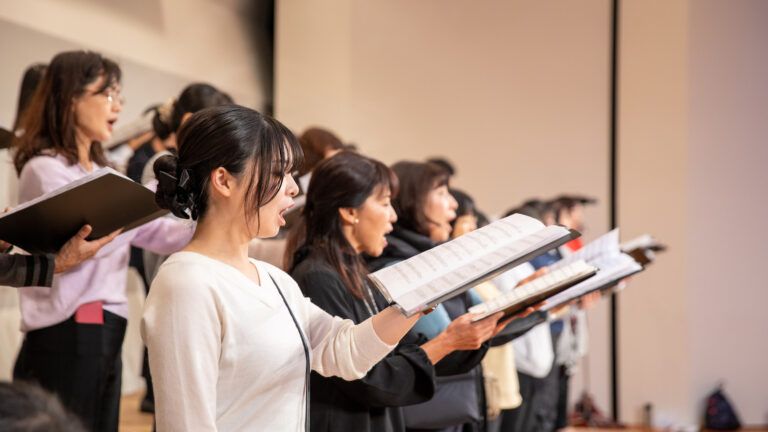Years ago, I was helping a friend with a book he was writing, when the phrase popped out of my mouth before I really knew what I was saying: “Write like jazz.” We both froze.
He asked what that meant. I did my best to explain: “The best improvisation happens within boundaries, within rules, within a structure. A great musician doesn’t break all the rules, but uses rules and themes as a framework in which to play and invent and discover. Good writing is often like that. You establish an outline, a direction, and then you start playing.”
It was an imperfect metaphor (I’m a musician, but a bad one), but it also describes much of my praying life. I often “pray like jazz.”
Ask the OurPrayer team to pray for you!
For example, I regularly pray the Lord’s Prayer. Sometimes, I pray it just as it appears in the Bible. Other times, however, I pray like jazz.
I might begin, “Our Father in heaven, may Your name be kept holy, may It be honored in my family, in my church, in my community. May my conduct today be a credit to Your Holy Name. May everything I do and say reflect Your Holiness rather than my frailty.” And so on.
In my daily confession, I often begin with the familiar words, “Almighty God, my Father, I confess that I have sinned against You through my own fault, in thought, word, and deed.”
And then I usually have plenty of cause to do some free-styling by specifying things like, “In my thoughts, I have hated and cussed and lusted; with my words I have lied and deflected and exaggerated; in deed I have been a lazy and careless and a lawbreaker.” And so on.
Or I might sing or say a hymn in my evening prayers, such as, “I Need Thee,” and after the first few words (“I need Thee every hour, most gracious Lord; No tender voice like Thine can peace afford”), I might improvise, “I need Your healing touch, to comfort and renew, and give me back the joy that comes only from You.”
Or I may depart entirely from the meter and rhyme scheme and sing or speak whatever my heart longs to express in that moment.
Praying like jazz gives me the blessing of praying scripture and liturgy and other writers’ prayers without limiting my expression or blunting my intimacy with God.
If I prayed totally without structure, I would certainly forget or neglect all sorts of things—especially praise and confession.
But if I didn’t improvise and elaborate, I would tend to fall into an impersonal, routine way of praying. And by “praying like jazz,” I often hit notes that surprise me and take me to a place I would never have reached otherwise.





